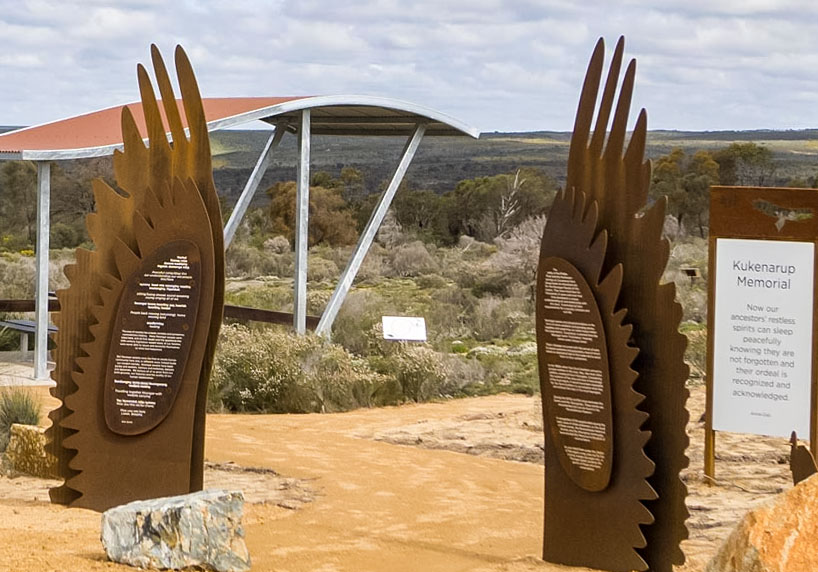View of King George Sound, Albany, site of the first European settlement in Western Australia, 1826
Eric Hayward BJuris LLB Grad Dip Ed.
Justice on Noongar Boodjar
Truth Telling
It is time for the West Australian education curriculum to include Indigenous perspectives and be included on recommended reading for Primary and Secondary schools. Indigenous people demand to be heard and listened to and for the truth about our shared history to be acknowledged. Believe the truth and it will set you free.

Historians have a critical role giving voices to the marginalised, oppressed, victims of war crimes and genocide, seeking justice and making their histories visible. Truth Telling is necessary to educate new and older Australian’s, about the colonial violence used to dispossess the first peoples of Australia, providing pathways to healing the past and the dire need for reconciliation.
Truth Telling is not new, having emerged in the 1960’s trials of Adolf Eichman, for his part in the 1940’s Holocaust. In the 1990’s the role of truth telling as a pathway to reconciliation began in in South Africa, with the Truth and Reconciliation Commission. Australia is not alone when it comes to forgetting the past and our place in the nineteenth century expansion of the British Empire and dispossession of Indigenous people worldwide.
In 1968 W.E.H. Stanner referred to the ‘Great Australian Silence’, noting that Aboriginal people had been written out of Australian history and Henry Reynolds also notes that historians have just rediscovered “…the violence used to secure the conquest and effect the pioneering of the continent.”.
In Western Australia, Swan River Colony public officials present at massacres of Noongar people, include military leaders and justice officials: Captain Irwin at Lake Monger in 1830, Lieutenant Governor Stirling at Pinjarra in 1834 and Resident Magistrate John Molloy at Lake Minninup in 1841.